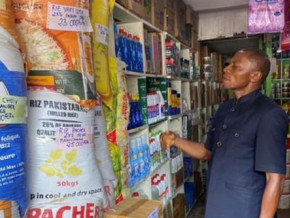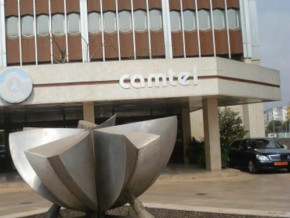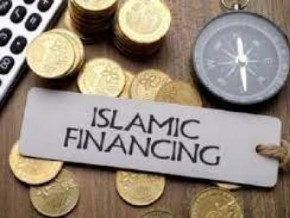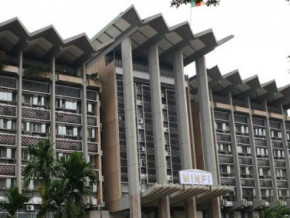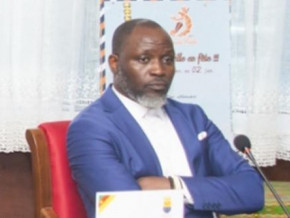
Cameroon's priority until 2029 will remain the construction of infrastructure, according to Ministry of Economy
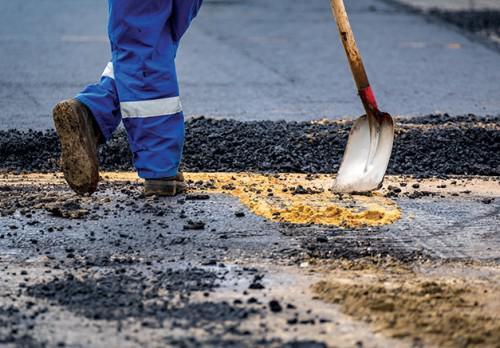
(Business in Cameroon) - During the next two years, and despite a difficult economic situation, the Cameroonian government will not make any concessions in terms of construction of infrastructure (ports, roads, dams, etc.), as has been the case since the launch of major structuring projects in 2012. The assurance came from the economist Issac Tamba, Managing Director of the Economy and Public Investment Programming at the Ministry of Economy.
This university academic was reacting to the recent publication of a book by a group of academics, which evaluates the implementation of the Growth and Employment Strategy Document (DSCE), a strategic plan (2010-2020) implemented by the government since 2010, to reach development by 2035.
Entitled “DSCE: How to reach a double-digit growth”, this book critiques in particular the fact that the Cameroonian government opted for the “Big push” theory, which consists in boosting investments in all sectors at the same time to drive the economic growth. “This is not the ‘Big push’ theory. We have essentially based our strategy on infrastructure. 63% of expenditure in the 2017 public investment budget are devoted to infrastructure. Modernising production facilities, which is the second strategic priority in the DSCE, has less than 9%. The other sectors, seven in the DSCE, practically have 2%. You can therefore see that instead of being spread, the efforts are rather focused on one sector which appears critical to us: the infrastructure sector. So, this is the reason why I wondered when people talk about the DSCE, have they really read it?”, retorts Issac Tamba. Before continuing: “so to reassure you, the choices made in the DSCE are not about dispersion. Infrastructure remain our priority until 2019”.
This does not change the fact that since its implementation in 2010, the DSCE has not produced the expected results, particularly in terms of economic growth, a component on which Cameroon, who has been peaking at an average rate of 5% for the past 5 years, should, according to projections in the DSCE, at least skirt 10% as we are nearing the 2020’s. “The three-year emergency plan (2015-2017) decided by the Head of State in 2014 was already a DSCE adjustment response, to put us back on the right track. We are aware of the difficulties in which we have been since 2014. We know that we are facing headwinds, far from disappearing in 2017. But, I want to tell you that in terms of financing, there are alternatives”, repeats the Managing Director of Economy and Public Investment Programming at the Ministry of Economy.
Brice R. Mbodiam
Mags frontpage
- Most read 7 days
- shared 1 month
- read 1 month

























